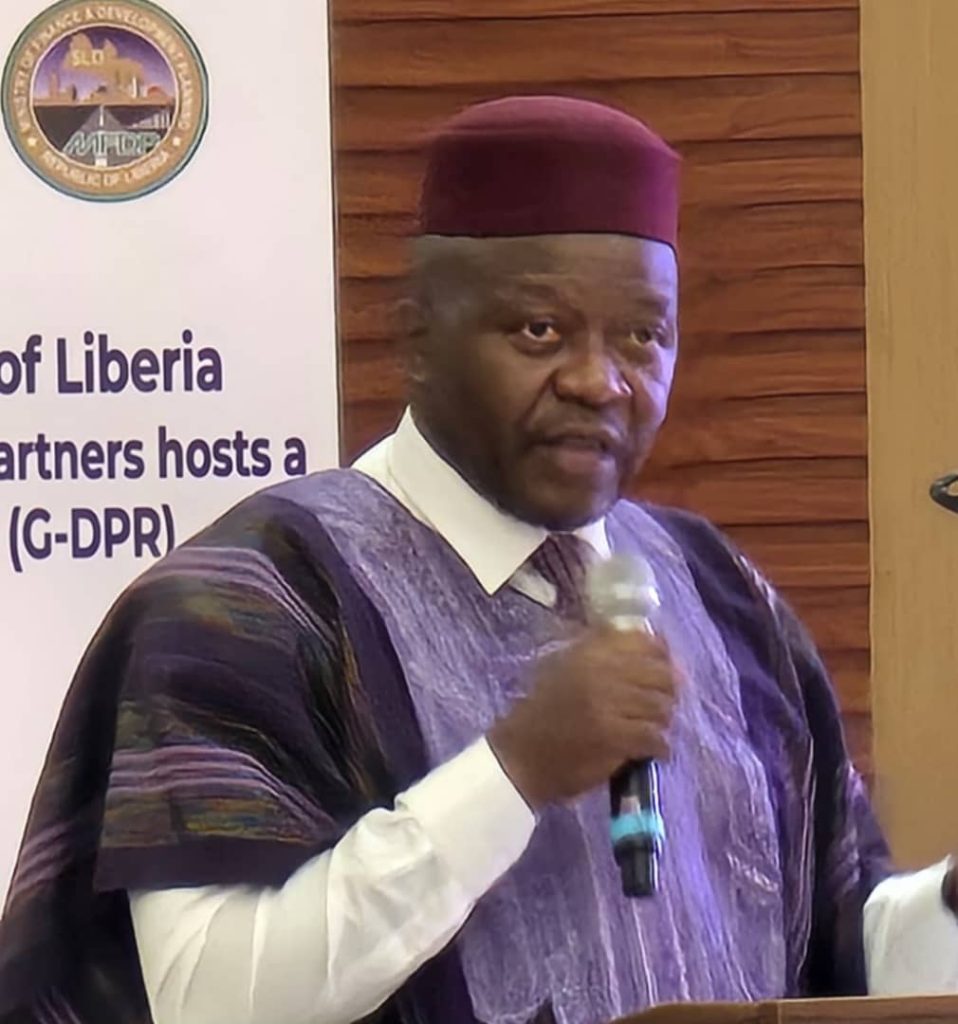Liberia’s Finance and Development Planning Minister, Augustine Kpehe Ngafuan, has issued a call to action for both government officials and international development partners to accelerate the implementation of crucial infrastructure and development projects across the nation. Echoing the impatience of President Joseph N. Boakai for tangible progress, Minister Ngafuan emphasized the urgency of translating plans into action and delivering tangible benefits to the Liberian people. He acknowledged the positive strides made thus far but stressed the need for a more rapid pace of development. This call for expedited action underscores the government’s commitment to fulfilling its promises and meeting the rising expectations of the citizenry.
The Minister outlined a multi-pronged approach to addressing the delays that have plagued some development initiatives. This includes identifying and removing bottlenecks hindering project implementation, ensuring the timely release of counterpart funding for critical projects, and fostering closer collaboration with international partners. Minister Ngafuan acknowledged that delays sometimes originate from the donor side and emphasized the importance of open communication and mutual accountability to ensure projects stay on track. He stated that the Ministry of Finance is holding itself and other government agencies accountable for their roles in project implementation.
A key focus of the government’s development agenda is infrastructure improvement, particularly in the road network. Recognizing the vital role of transportation in economic growth and social development, the government has committed to making the necessary financial resources available for road construction. This commitment reflects a recognition that robust infrastructure is a prerequisite for attracting investment, creating jobs, and improving access to essential services like healthcare and education. Furthermore, Minister Ngafuan highlighted the government’s commitment to improving the energy sector, recognizing its importance in powering economic activities and enhancing the quality of life for Liberians.
In addition to infrastructure, the government is prioritizing investments in health and education. Minister Ngafuan announced the upcoming dedication of the new Redemption Hospital in Upper Caldwell, a significant development that will boost healthcare access in the region. He also revealed plans for the construction of over one hundred elementary schools across the country starting in September, a project supported by the World Bank. This investment in foundational learning underscores the government’s commitment to equipping young Liberians with the skills and knowledge necessary for success in the 21st century. These initiatives reflect a broad-based approach to development, aimed at addressing multiple sectors simultaneously to achieve comprehensive and sustainable progress.
Minister Ngafuan provided an update on the recently concluded Spring Meetings in Washington, DC, and bilateral discussions with international development institutions, particularly the World Bank. He expressed optimism about the progress made in securing support for Liberia’s development agenda. These engagements focused on securing funding and technical assistance for key projects in infrastructure, energy, water, and sanitation. He expressed confidence that these partnerships will unlock new opportunities for Liberia and pave the way for a brighter future. The Minister’s optimism reflects the government’s proactive approach to engaging with international partners to secure the resources and expertise needed to drive development forward.
Acknowledging the challenges associated with project implementation, Minister Ngafuan highlighted the issue of Resettlement Action Plans (RAPs), often required for projects involving land acquisition. He pointed out that these plans are typically not funded by international partners like the World Bank, placing the financial burden on the government. This responsibility can strain government resources and contribute to project delays. He further explained that project delays can also stem from complex conditions attached to donor funding, sometimes agreed upon by negotiators who may not fully grasp the long-term implications. To mitigate these challenges, the government is adopting a more inclusive approach to project negotiation, ensuring that all stakeholders are involved and the terms are clearly understood to avoid future bottlenecks. The proactive approach to addressing potential roadblocks demonstrates the government’s commitment to efficient and effective project implementation.


